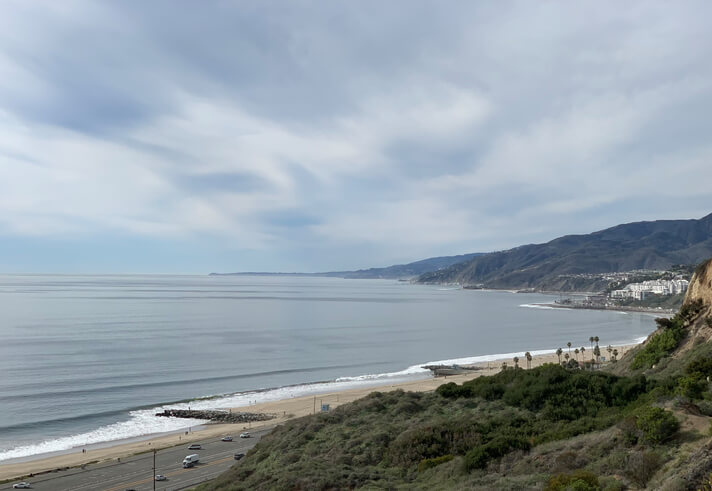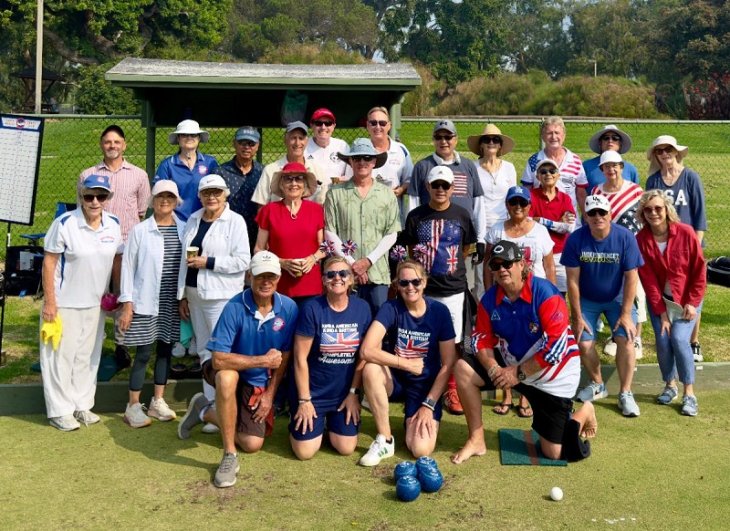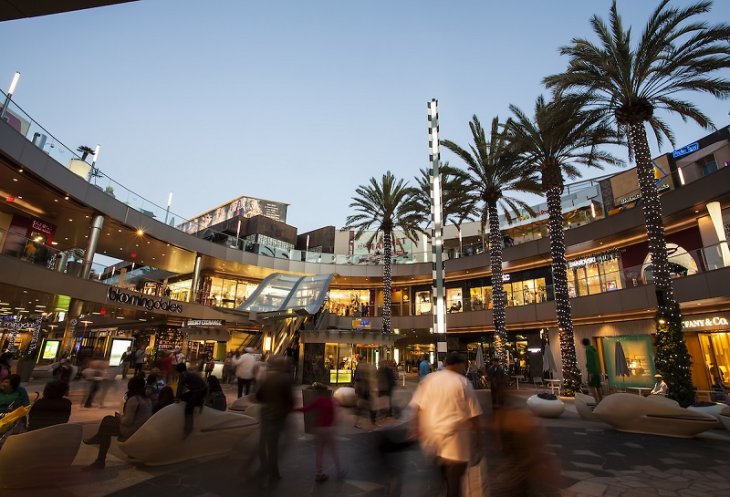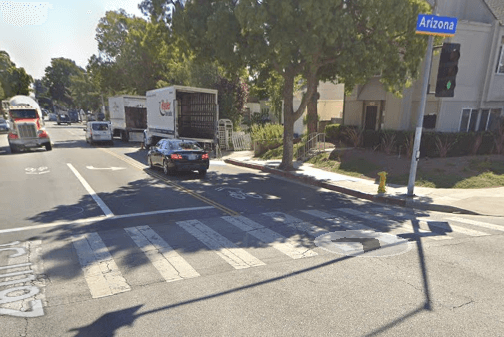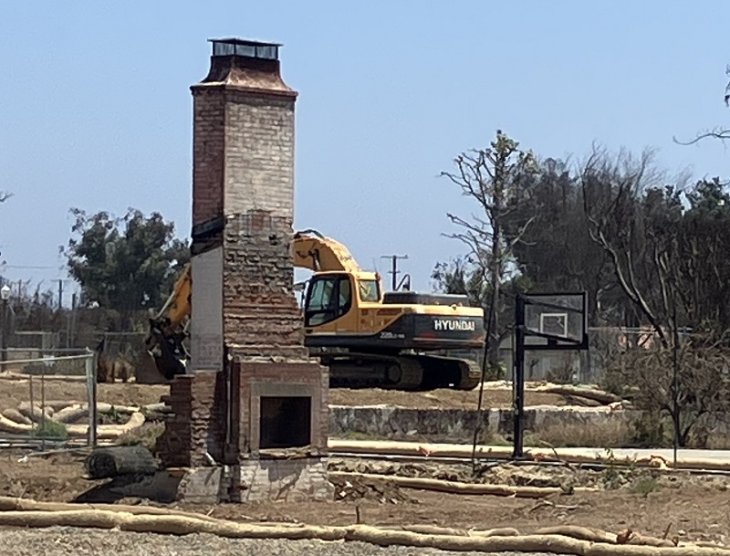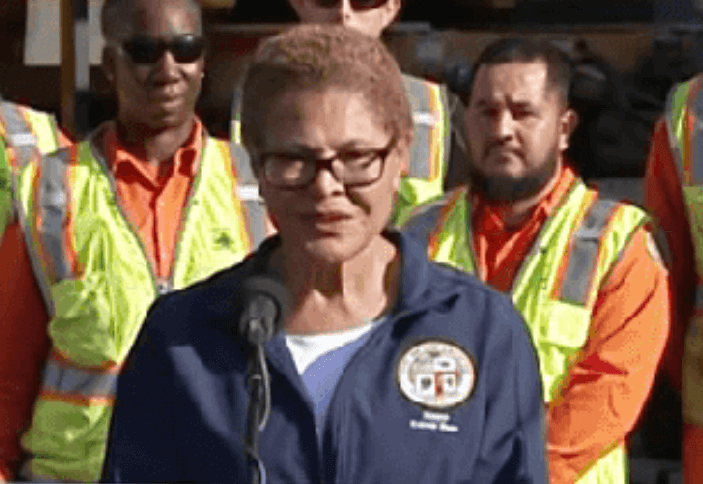Assembly Bill 1628 would mandate the installation of microfiber filters on all new washing machines sold in California by 2029.
Assemblymember Tina McKinnor (D-Inglewood) has introduced Assembly Bill 1628, which would mandate the installation of microfiber filters on all new washing machines sold in California by 2029.
“California has been a leader in reducing plastic pollution and must continue to lead on this issue,” said Assemblymember Tina McKinnor. “AB 1628 is a solution that is cost and energy efficient and has the potential to dramatically reduce the volume of microfibers entering the environment.”
Assemblymember McKinnor represents several cities and communities in Los Angeles County including Gardena, Hawthorne, Inglewood, Lawndale, Lenox, Los Angeles, Marina del Rey, Venice, West Athens, Westchester and Westmont.
The bill aims to reduce the quantity of plastic microfibers that end up in freshwater systems and oceans.
“Plastic pollution has become a crisis for our ocean and coastal communities. Microfibers are the most common form of microplastic pollution in the environment, and just a single load of synthetic laundry can release up to 18 million microfibers. Luckily, adding filters to washing machines can drastically cut that number down, which is why this legislation is so paramount,” said Dr. Anja Brandon, Associate Director, U.S. Plastics Policy, Ocean Conservancy.
With an increase in clothing made from synthetic materials due to fast fashion, there is a growing concern about the impact of microfibers on the environment and food production.
“Our research has demonstrated that microfiber pollution is a sizable threat to Californians. With at least 4.85 million lbs. of fibers entering our lands and waters each year, mandating use of filters can be an effective near-term solution to limit emissions, said Jay Ziegler, Director, External Affairs and Policy, The Nature Conservancy. “
Synthetic fibers shed from clothing during washing and end up contaminating freshwater systems and oceans. These microfibers can also be found in tap water, bottled water, fish, table salt, and even beer, according to McKinnor. If not captured by wastewater treatment plants, they can be reintroduced into the environment as fertilizer for agricultural fields.
“Microfibers are a widespread pollutant around the globe, making their way into the air we breathe, the food we eat, and even our bodies. A single load of laundry can release hundreds of thousands of microfibers, but solutions do exist. Filters in washing machines are effective at capturing up to 90% of microfibers, so it’s a logical next step to build these directly into machines,” said Dr. Lisa Erdle, Director of Science & Innovation, 5 Gyres Institute.
Assembly Bill 1628 will be considered by the State Assembly this Spring.

